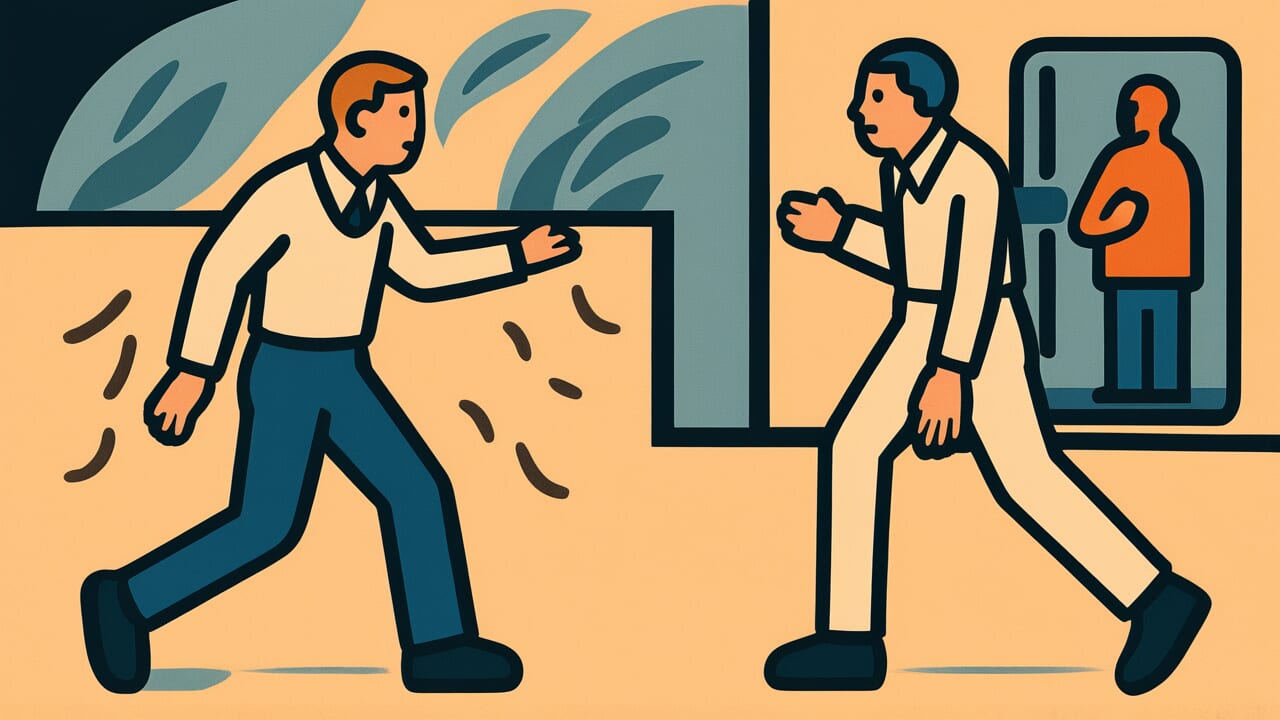How to Read “If you die, you die at a loss; if you live, you live at a gain”
Shineba shini-zon, ikureba iki-toku
Meaning of “If you die, you die at a loss; if you live, you live at a gain”
This proverb means that if you die, nothing remains and everything returns to nothing. But if you stay alive, you can gain something even in the most difficult situations.
People use this saying when someone faces major failure or falls into despair. It conveys hope that as long as you have life, the future remains open.
This phrase appears most often when someone feels hopeless about life or believes they made an irreversible mistake. It encourages people with debt, failed businesses, or devastating losses.
The message is clear: having life itself is your greatest asset. Choosing death means losing everything. But staying alive gives you chances to gain even small things.
Today, people still use these words to help others facing hardship. It reminds them to recognize the value of life itself. The proverb powerfully explains that life is precious.
Origin and Etymology
The exact first written appearance of this proverb is unclear. However, its structure suggests it originated among common people during the Edo period.
The paired expressions “shini-zon” (death-loss) and “iki-toku” (life-gain) show wordplay typical of Edo townspeople culture.
Applying economic concepts like “loss” and “gain” to life and death reflects the merchant culture of that era. People viewed life somewhat like a transaction and expressed life’s value in practical terms.
The word “loss” captures the feeling that death leaves nothing behind. The word “gain” holds the hope that living always offers chances to obtain something.
The old phrasing “ikureba” also deserves attention. This isn’t modern “ikireba” but preserves classical verb conjugation. This suggests the saying existed at least since the Edo period or earlier.
Behind the seemingly cold expression of valuing life through profit and loss lies warm encouragement. The message is that living has meaning in any situation.
Usage Examples
- My business failed and I’m in debt, but if you die, you die at a loss; if you live, you live at a gain, so I’ll start over
- Illness brings suffering, but I think if you die, you die at a loss; if you live, you live at a gain, so I treasure each day
Universal Wisdom
This proverb has been passed down because it addresses a fundamental human question. That question is: “What is the meaning of living through suffering?”
Everyone faces hardships so severe they want to end it all. When you lose all your wealth, lose someone you love, or make an irreversible mistake.
To people standing at the edge of despair, our ancestors conveyed a simple truth. That truth is the hope that “as long as you’re alive, something remains.”
The deep wisdom here lies in expressing life’s value through everyday words like “loss” and “gain.” Instead of lofty philosophy or religious teachings, using economic concepts everyone understands makes the message reach despairing hearts.
Death means “loss”—not just zero but negative. But living means “gain”—there’s always potential for positive outcomes.
Humans instinctively seek possibilities. Even the smallest chance of gaining something in the future helps people recover their will to live.
This proverb understood human nature. That’s why it has continued supporting people’s hearts across the ages.
When AI Hears This
Consider being alive as “a state where nothing is decided yet.” This reveals the proverb’s essence. Game theory says holding options itself has value.
This is called option value. For example, just having the right to buy stock has value even without buying. Why? Because you can judge based on circumstances.
Death is completely irreversible and eliminates all options simultaneously. Economics proves mathematically that before making irreversible decisions, the value of waiting increases sharply.
Tomorrow might bring new information. Next week the situation might change. Staying alive preserves all these possibilities.
Interestingly, this option value can’t be measured accurately through probability calculations. Any event with 1% or 0.1% chance while alive becomes 0% with death.
However small the probability, the difference from zero approaches infinity. Finance theory explains that before such irreversible decisions, “the value of waiting” theoretically diverges toward infinity.
This proverb expresses the structural advantage of survival—that “anything can still happen”—without complex formulas. “Dying at a loss” meant the opportunity cost of abandoning all options.
Lessons for Today
This proverb teaches us not to judge life’s value by “this moment alone.” Modern society makes us compare ourselves on social media or feel everything ended after one failure.
That’s exactly why these words matter now.
Whatever your situation today, if you wake up tomorrow, new chances emerge. Lose your job? You can find another. Heartbroken? New encounters await.
Get sick? Recovery is possible. All these exist only because you’re alive.
Modern people tend to view “success” and “happiness” as big things. But this proverb teaches that what you “gain” can be anything.
Small joys, modest discoveries, someone’s smile, a warm meal. While living, you can accumulate these small “gains.”
On life’s long journey, today is just a waypoint. As long as you have life, your story continues.
And that continuation might hold developments you can’t imagine now.



Comments